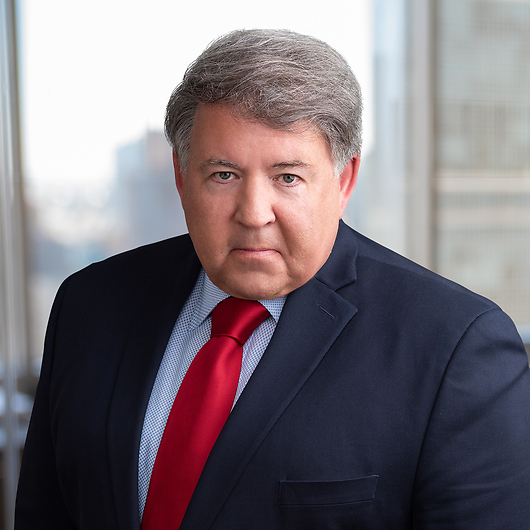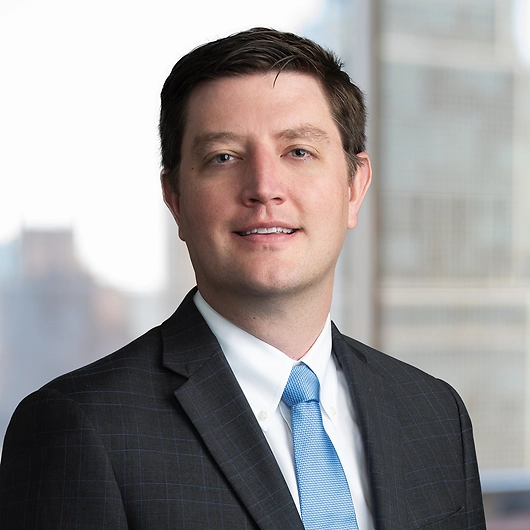In the latest in a series of recent cases involving the “but-for” causation standard for Anti-Kickback Statute (“AKS”) claims, Judge Waverly D. Crenshaw in the U.S. District Court for the Middle District of Tennessee has dismissed United States, et al., ex rel. Nolan, et al. v. HCA Healthcare, Inc., 2025 WL 2713747 (M.D. Tenn. Sept. 22, 2025) pursuant to Rules 12(b)(6) and 9(b).
Judge Crenshaw weighed in Nolan whether the relators, co-owners of Pathologists Laboratory P.C. (“PLPC”), had plausibly alleged that: 1) defendant HCA Healthcare Inc. (“HCA”) solicited or received “remuneration” for purposes of an AKS violation; and 2) PLPC or the second lab submitted claims “resulting from” an illegal kickback for purposes of a False Claims Act (FCA). He ultimately determined that the relators had not, in fact, plausibly alleged that HCA either solicited or received “remuneration” for purposes of the AKS.
Background
The Nolan case involved two kinds of payments that insurance providers historically paid to PLPC and others providing anatomic pathology services for hospital patients: 1) a professional component (PC), involving the pathologist’s work; and 2) a technical component (TC), including equipment, supplies, and personnel.
Problems arose when the Centers for Medicare and Medicaid Services (CMS) changed its billing rules in 2012 to cease paying labs directly for TC charges for traditional Medicare beneficiaries. Relators subsequently claimed that Medicare would reimburse the PLPC lab for PC charges, and that the HCA hospitals would reimburse the TC charges—though CMS warned that hospitals could violate the AKS if they were to condition the referral of physician pathology services to a lab on the lab’s agreement to accept less than fair market value for TC charges.
HCA entered into Professional Services Agreements with the PLPC lab regarding TC charges for traditional Medicare patients, but these agreements did not address the TC charges when patients were covered by insurers other than Medicare, such as Medicare Advantage, TennCare, and Blue Cross. Relators contended that HCA was required to pay the TC costs for any pathology test by PLPC or a specialty lab, regardless of who covered the patient.
In September 2019, HCA replaced PLPC with another anatomic pathology provider that was allegedly willing to absorb the TC charges for free (or be reimbursed at a fraction of the Medicare rate). The PLPC relators filed suit, claiming an illegal kickback.
Remuneration
The district court granted HCA’s motion to dismiss, rejecting the argument that the relators plausibly alleged that HCA either solicited or received “remuneration” for purposes of the AKS. Under the statute, that would mean that HCA: 1) acted with intent 2) to offer, pay, solicit, or receive any remuneration 3) to induce or reward patient referrals 4) involving services payable or reimbursed by a federal health care program.
Though the relators claimed that “remuneration” was exchanged because HCA did not have to pay TC costs, the court noted that HCA was never obligated to pay the TC costs for patients covered by other insurers, including Medicare Advantage. HCA’s switch to a lab that would incur TC costs, the court said, was “normal marketplace competition.”
“[T]he court agrees with the HCA defendants that remuneration is where Relators’ ‘entire kickback theory collapses,’” the court wrote.
But-for Causation
The district court also rejected the relators’ argument that the conduct was actionable under the FCA, holding that relators failed to allege that either lab submitted claims to the federal government for items or services “resulting from” an AKS violation (see EBG’s Insight on the “resulting from” circuit split, and when an AKS violation is a false claim, here).
“Even if the HCA Hospitals committed an [AKS] violation, which they did not, that does not necessarily mean they committed an FCA violation,” Crenshaw wrote—noting that only the submission of claims “resulting from” a violation of the AKS are covered by the FCA:
The Sixth Circuit [clarified in U.S. ex. rel. Martin v. Hathaway, 64 F. 4th 1043 (6th Cir. 2023)] that ‘[t]he ordinary meaning of ‘resulting from’ is but-for causation.’ … This means that for FCA claims predicated on an [AKS] violation, the [AKS] violation must cause the claims for federal healthcare reimbursement. Put differently, the labs must show that but for the kickback violation, they would not have asked the government to reimburse them for their anatomic pathology services. Merely alleging that the labs submitted claims that were tainted by the [AKS] is not enough.
The complaint failed to adequately allege that any illegal kickbacks by HCA caused either lab to submit claims to the government for reimbursement, the court said.
Takeaways
The Nolan case underscores how important it is that entities in the health care and life sciences industries facing allegations of AKS and FCA violations understand the contours, and current state, of the law. How AKS and FCA interplay with each other, the applicable causation standard, and interpretations of the Rule 9(b) heightened pleading standard are all important factors in vigorously challenging any efforts by the government, or qui tam relators, to expand the reach of the FCA.
The district court in Nolan also rejected what it called the relators’ “throwaway request to amend.” The relators argued at the end of their opposition briefs that the court should allow an amended complaint, should the court lean towards dismissal. The court concluded that: 1) a “request for leave to amend almost as an aside…in a memorandum in opposition to the defendants’ motion to dismiss…is not a motion to amend” and that 2) relators are “not entitled to an advisory opinion from the Court informing them of the deficiencies of the complaint and then an opportunity to cure those deficiencies[.]” Absent a motion to amend the complaint before the court ruled on the motions to dismiss, the district court declined to give the relators the opportunity. This also serves an important lesson in challenging relators’ attempts to seek additional, unearned bites at the apple.
Epstein Becker Green Staff Attorney Ann W. Parks contributed to the preparation of this post.
Blog Editors
Authors
- Member of the Firm
- Member of the Firm
- Member of the Firm


